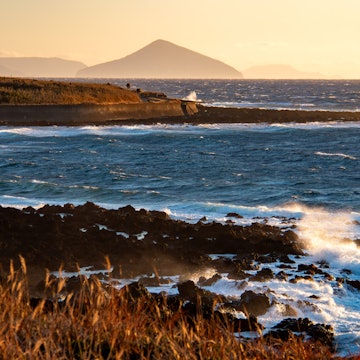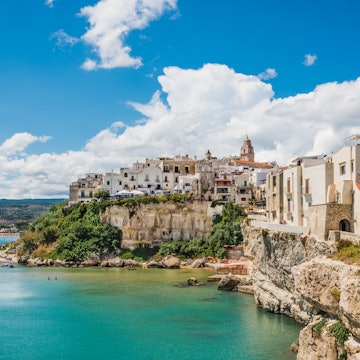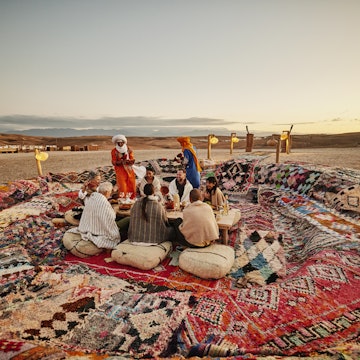
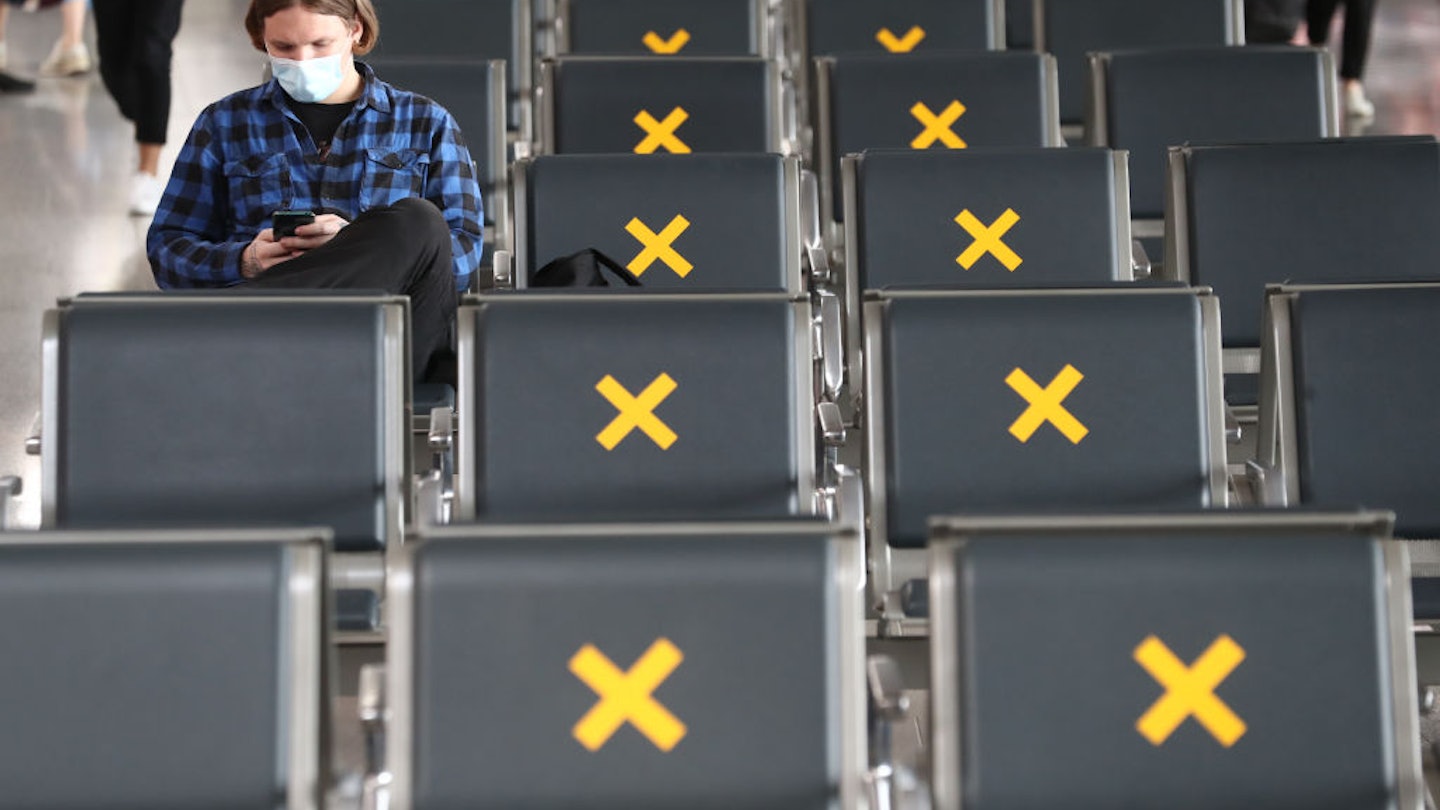
There are many things to consider before booking your post-COVID travels © Sergei Karpukhin\TASS
In some parts of the world that have been fighting COVID-19 more successfully than others, people locked down for months are starting to look at their summer holiday plans. Many of us are trying to figure out what going on holiday might be like in a world where the SARS-CoV-2 coronavirus is still circulating. Some governments, especially in continental Europe, are allowing or even encouraging domestic trips and visitor arrivals from certain countries, usually neighbors.
More than ever, though, planning a trip right now requires a lot of flexibility and preparedness: on where you’ll go, how you’ll get there, what you’ll do when you arrive, what you need to do before leaving – and particularly what the triggers would be that would make you cancel a trip. Here's what you need to think about.
Where you’ll go and how you’ll get there
First off, let’s talk about flexibility in destination. It may happen that the country, region, city or even suburb you were planning to visit turns into a COVID-19 hotspot, and that means you need to make a decision about whether to continue your trip, swap to another destination nearby, or cancel – all possibly at the last minute. It may also be that at least one of those decisions is made for you by the authorities. So be prepared to be flexible: do a lot of research about the area and identify backup plans.
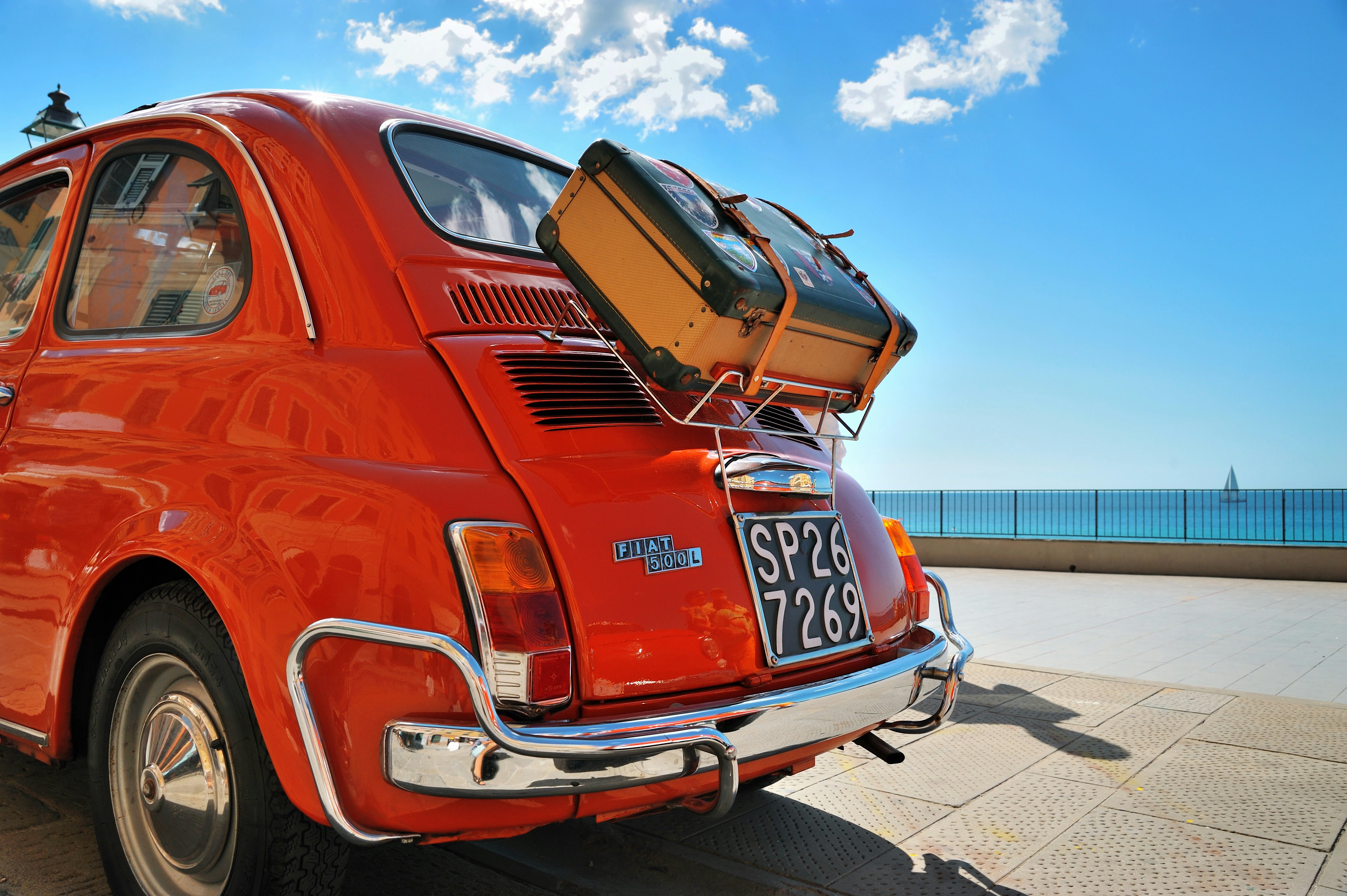
If you're planning a road trip in either your own vehicle or a rental, think about what you’d bring with you: disinfectant wipes, sanitizing hand gel, maybe even a big bottle of tap water and some liquid soap from home so that you can quite literally all wash your hands while standing around the back of the car. If you’re going with a rental, think about all that and more: what would you do if a vehicle was not available when you arrived at the airport, say?
Longhaul travel generally means a plane trip, but that obviously introduces some uncertainty if authorities or the airline cancel flights. You’ll want to be really clear about what the various “free rebooking” policies from certain airlines really contain: is it a free change to any available ticket? Or, if prices have shot up since you booked, will you have to pay the difference? Check if there are blackout dates or change fees if you rebook past a certain date, and how far into the future you're able to rebook.
You’ll want to be flexible about where you’re staying, as well. As a rule, a rental house or villa is going to give you more flexibility than a hotel, and indeed you may feel more comfortable somewhere that you can disinfect yourself and that doesn’t have common areas. Is there a last-resort option of staying with family or friends? Think about what you would do if you needed to quarantine for two weeks on arrival.
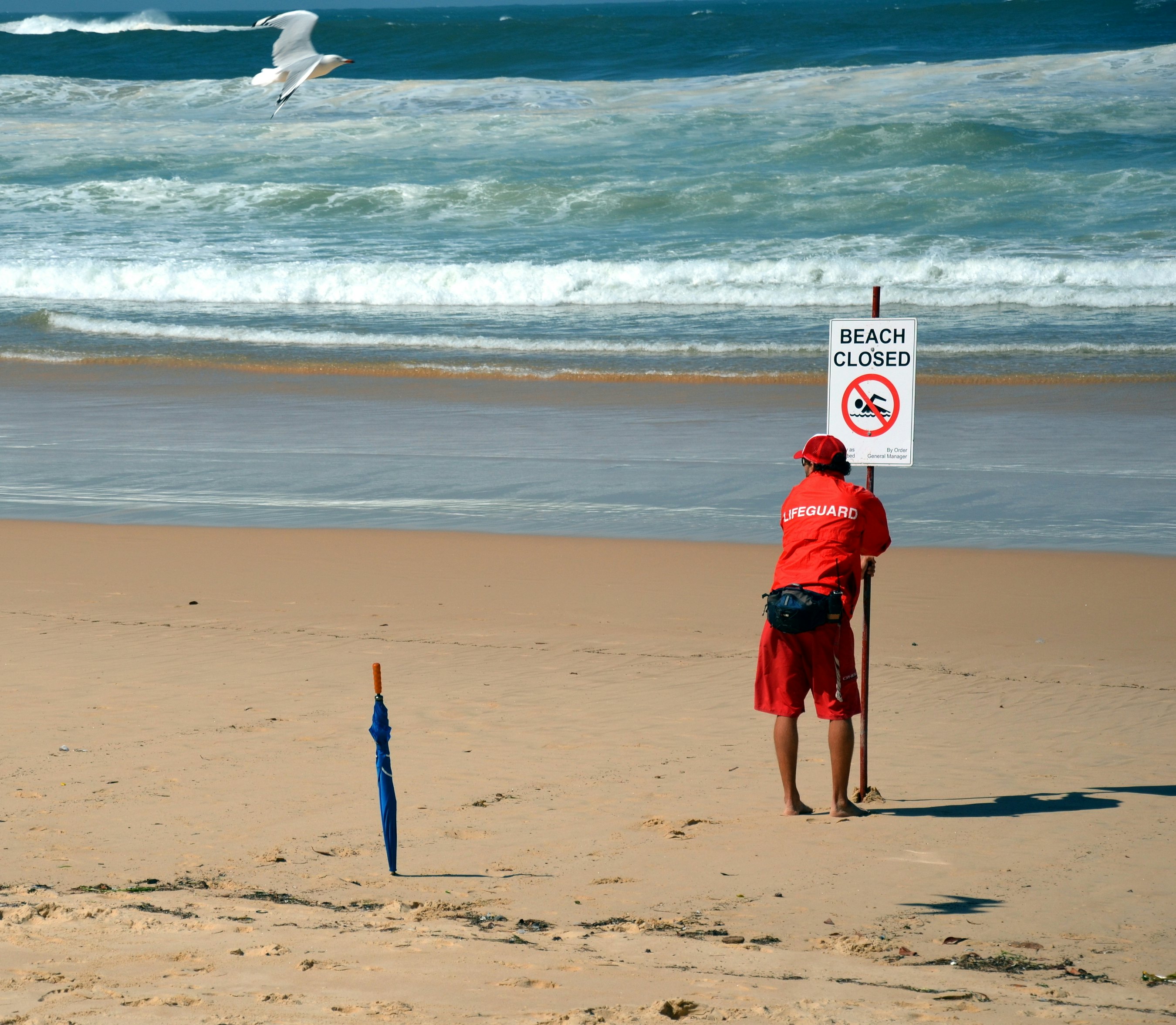
What you’ll do when you arrive
Flexibility in what you can do when you get there is also going to be really important. An extreme example would be a vacation focused around theme parks, theater, beaches or something on that sort of public scale. It’s entirely out of your control whether those venues are open or closed, so you’ll want to make sure that you have a plan B (and probably a plan C, D and E) for the trip.
Would you still want to take that sun, sea and sand holiday if you had to make do with a sun lounger on a balcony or patio? Perhaps this is the time where you spend extra on a place with more outside space and facilities, such as a pool or hot tub. It might make sense to invest in an e-reader, e-book subscription service, tablet or a portable games console, just in case you can't go anywhere.
Carefully consider what you would in the event that you had to quarantine on arrival – and on your return. Could you work from home for two weeks once you get back, or would that be a deal breaker? Would you be happy to sit around in a French gîte or Italian villa enjoying local food and wine if everything was closed? Those decisions will be different for everyone.

What you need to do before leaving
Even more than ever, being crystal clear about what your travel insurance – and travel medical insurance – will cover is absolutely vital. Many insurance plans have changed their coverage for COVID-19-related health issues, as well as disruption that could “reasonably” (that good old insurance word) be expected.
If you have any health concerns, particularly that are COVID-19-relevant, talk to your doctor early on in the planning stage. Consider staying at home as much as possible before departure, to reduce the likelihood of potentially spreading illness to others if you were infected. I’d certainly be planning to do the same on arrival, and when returning home.
Figure out how and where you’ll source masks, and how, where and when you’ll wash them if you’re bringing reusable ones, as well as the logistics for keeping clean and dirty masks (and clothes) separate. Think about what you’d pack to ensure you’re able to be self-sufficient for a certain amount of time, including a few basic meals. What if you were stuck somewhere without access to open food and drink shops for a meal or two? It's always worth packing a few nut bars or something similar, but right now I’d probably be packing a small box of them.
Lastly, identify what the triggers are that will make you call off the trip entirely. This will be different for every traveler and indeed every trip: if you’re planning to simply sun yourself in your Spanish cousins’ garden for a couple of weeks, that will be different from if you were planning a city architecture trip, say.
And this might sound weird, but: write it down, at least the go/no-go triggers, but preferably your whole backup plans. Late-breaking changes can be stressful times, and having a written plan can really help.
You might also like:
The art of escaping the holiday crowds in the UK
What to expect when camping in Europe this summer
Six tips for curbing pre-flight tension







